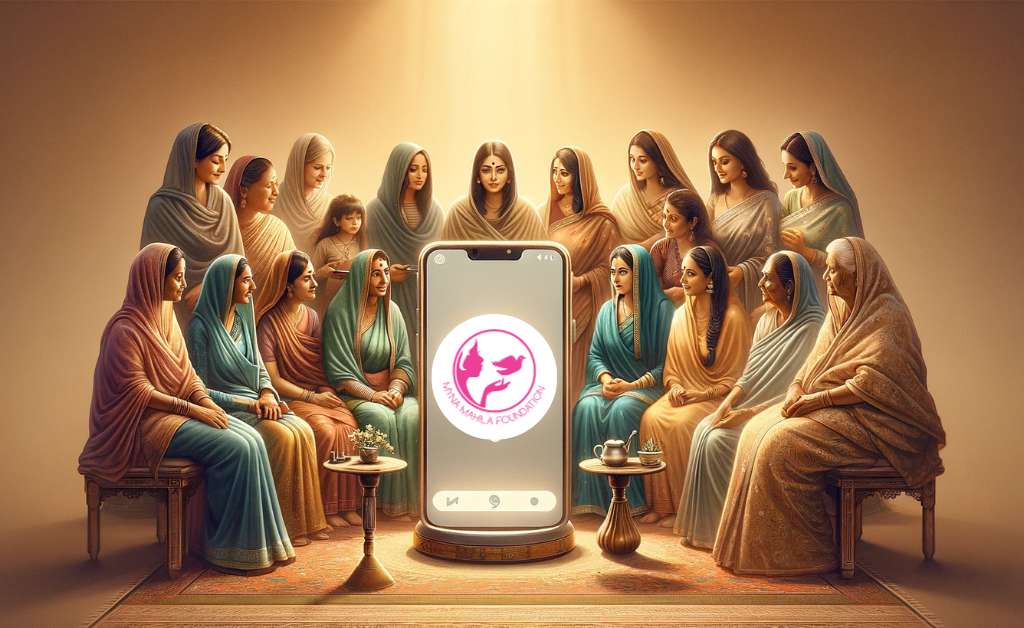
Myna Bolo AI Chatbot Offers Private, Personalized Health Advice to Indian Women
In the bustling heart of Mumbai, Komal Vilas Thatkare, a 32-year-old housewife, faces a dilemma – she lacks a safe space to ask about her most private health concerns. With only men living in her household, traditional avenues for guidance feel unavailable.
But today, Thatkare has a confidante: Myna Bolo, a chatbot powered by artificial intelligence, patiently awaits her questions.
Myna Bolo, developed by the Myna Mahila Foundation, represents a beacon of hope for countless women like Thatkare. This pilot project harnesses the power of AI to deliver accurate, personalized sexual and reproductive health information, tackling a critical gap in accessibility.
Imagine a judgment-free, 24/7 healthcare companion whispering answers in your ear, shattering taboos and empowering informed choices.
The chatbot draws from a customized database of medical facts, but its success hinges on the invaluable contributions of test users like Thatkare. They write real questions, from “Can I have sex during periods?” to “Does using a condom cause HIV?” feeding the chatbot’s learning curve. Each interaction shapes Myna Bolo’s future responses, ensuring its advice remains relevant and culturally sensitive.
However, the journey isn’t without hurdles. Refining the chatbot’s accuracy and tackling translation challenges are ongoing priorities. Users often mix languages in their questions, and providing adequate context remains a hurdle. “We need to ensure women understand everything clearly and the information is medically accurate,” emphasizes Suhani Jalota, founder of Myna Mahila Foundation.
Despite these challenges, the potential impact is undeniable. “If this chatbot can provide nonjudgmental, private advice, it could be a game changer for accessing reproductive health information,” Jalota asserts.
This sentiment resonates with Dr. Christopher Longhurst, Chief Medical Officer at UC San Diego Health, who advocates for rigorous testing of AI tools in healthcare. “We can’t just hope these things are good; we have to test them,” he stresses, acknowledging AI’s immense potential in the long run.
The project is part of a larger movement – bridging the “missing middle” in AI development for low- and middle-income countries. Funders like the Gates Foundation are empowering local organizations to tackle community-specific challenges with AI tools. This not only democratizes access to cutting-edge technology but also ensures solutions address local needs and cultural nuances.
Myna Mahila Foundation is actively addressing privacy concerns, collaborating with other Gates-funded projects and exploring data protection measures like message deletion. Their dedication to ethical development underscores the project’s commitment to responsible innovation.
While Myna Bolo’s wider release awaits further refinement, its journey serves as a powerful testament to the transformative potential of AI in healthcare.
In the hands of passionate organizations like Myna Mahila Foundation, AI is no longer a distant dream, but a whisper of hope offering personalized guidance and empowering women to make informed choices about their health and well-being.















